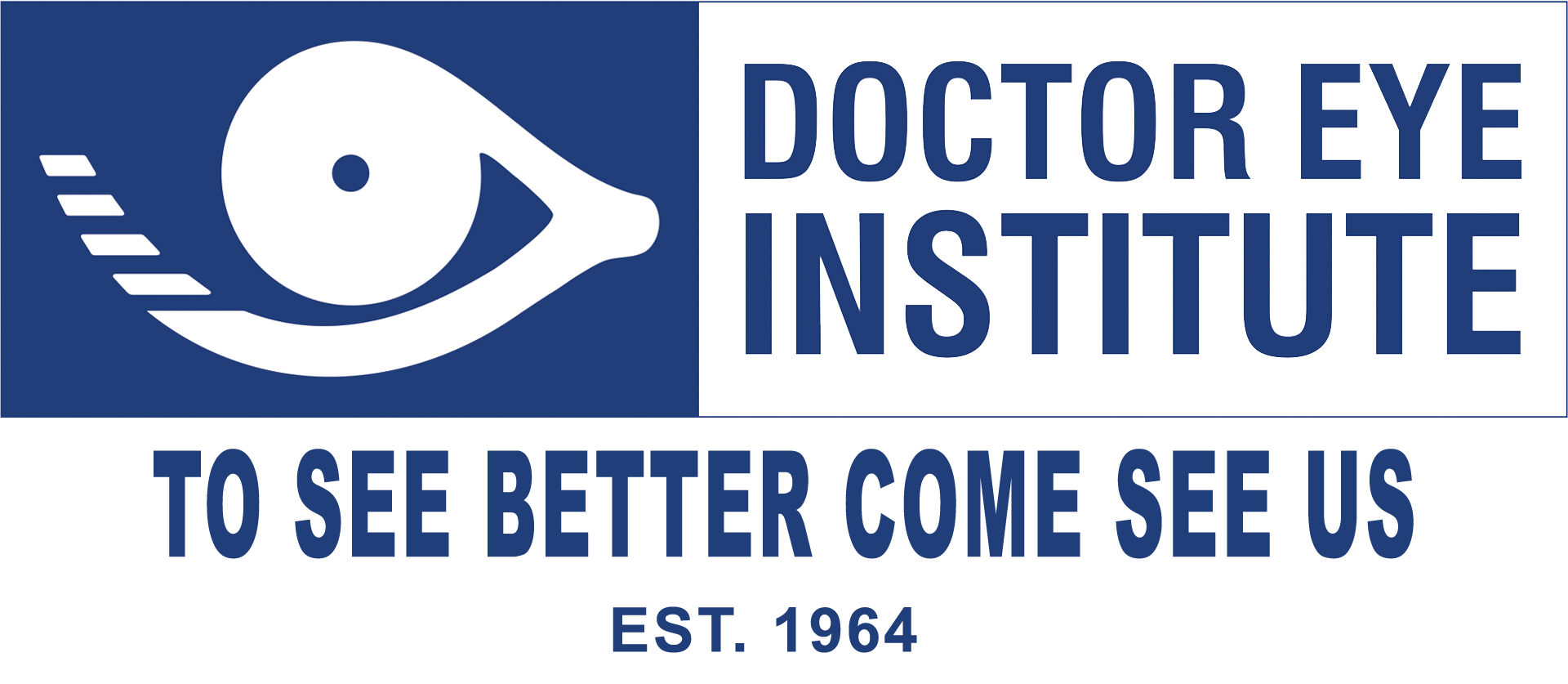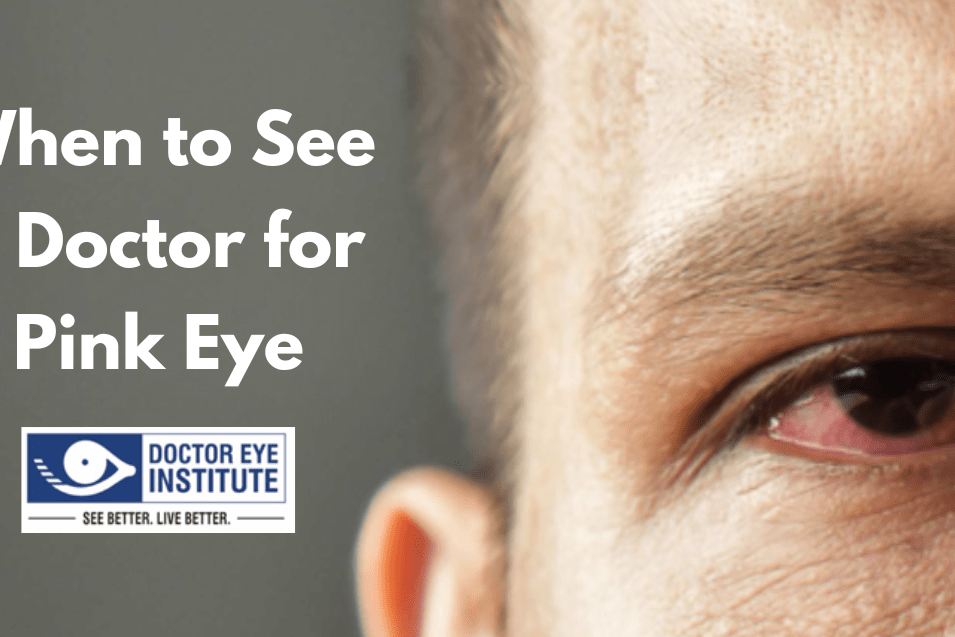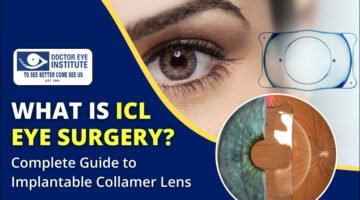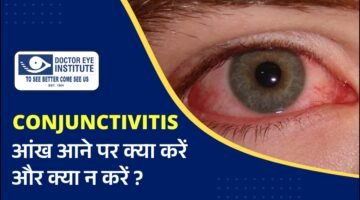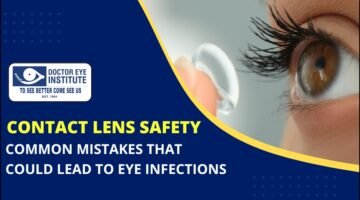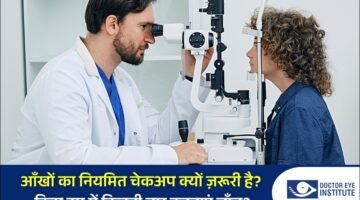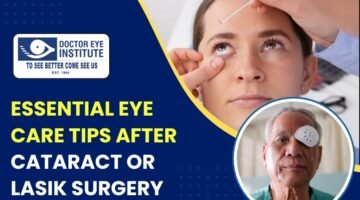When do you need to see a doctor for pink eye?
Pink eye, also known as conjunctivitis, is a common eye condition that can affect people of all ages. It is typically characterized by redness and inflammation of the eye’s conjunctiva, the thin membrane covering the white part of the eye and the inner eyelids. While many cases of pink eye are mild and resolve on their own, there are situations where it’s crucial to seek medical attention. In this article, we will explore when to see a doctor for pink eye and the warning signs that suggest a visit to a healthcare professional is necessary.
Prolonged Duration:
One of the most common reasons to see a doctor for pink eye is when the condition persists for an extended period. Pink eye caused by a viral infection can resolve on its own within a week or two. However, if your symptoms persist or worsen after this timeframe, it may indicate a bacterial infection or another underlying issue that requires medical evaluation.
Changes in Eyesight:
If you notice changes in your vision while experiencing pink eye, it’s a sign to see a doctor promptly. Blurred vision, halos around lights, or any other vision abnormalities can be indicative of a more severe eye condition that needs professional assessment. In rare cases, untreated pink eye can lead to vision complications.
Severe Eye Pain:
While pink eye typically causes discomfort, mild irritation, and itching, severe eye pain is not a typical symptom. If you experience intense or persistent eye pain, it may suggest a more severe eye condition, such as a corneal abrasion or glaucoma, which requires immediate medical attention.
Increased Sensitivity to Light:
Another reason to consult a doctor for pink eye is the onset of photophobia, which is an increased sensitivity to light. If bright lights cause discomfort or pain in your affected eye, it may indicate a more serious underlying issue and prompt medical evaluation is essential.
Identifying Associated Signs of Illness Requiring Medical Evaluation:
Sometimes, pink eye can be a symptom of a larger health concern. If you notice signs of illness such as fever, severe headache, or an upper respiratory infection alongside your pink eye, it’s advisable to consult an eye doctor. These associated symptoms may indicate a systemic infection that requires treatment beyond simple pink eye remedies.
Impact on Daily Activities:
Pink eye can be a nuisance, but when it begins to significantly interfere with your daily activities, it’s time to seek medical attention. If you find it challenging to keep your eye open and perform routine tasks, or if the condition affects your ability to work or drive safely, it’s crucial to consult a healthcare professional.
Children and older adults are more susceptible to pink eye:
It’s important to note that certain demographics, such as children and older adults, are more susceptible to pink eye and its complications. Children often contract pink eye from close contact in schools or daycare settings, while older adults may have weakened immune systems, making them more vulnerable to infections. Therefore, if pink eye is observed in these age groups, it is especially important to consider consulting a healthcare provider.
In conclusion, while many cases of pink eye are mild and self-limiting, there are instances where medical attention is essential. Prolonged duration, changes in eyesight, severe eye pain, increased sensitivity to light, the presence of other concerning symptoms, and a significant impact on daily activities are all strong indicators that it’s time to see a doctor. Remember that early intervention can help prevent complications and ensure a swift and complete recovery. If you or a loved one experiences any of these warning signs, don’t hesitate to seek professional medical care to safeguard your eye health.
Doctor Eye Institute is your trusted partner for all your eye care needs, including pink eye treatment. If you are experiencing any of the symptoms listed above, please schedule an appointment with us today. We offer comprehensive eye exams, accurate diagnosis, and effective treatment plans to help you get back to your life quickly and safely.

